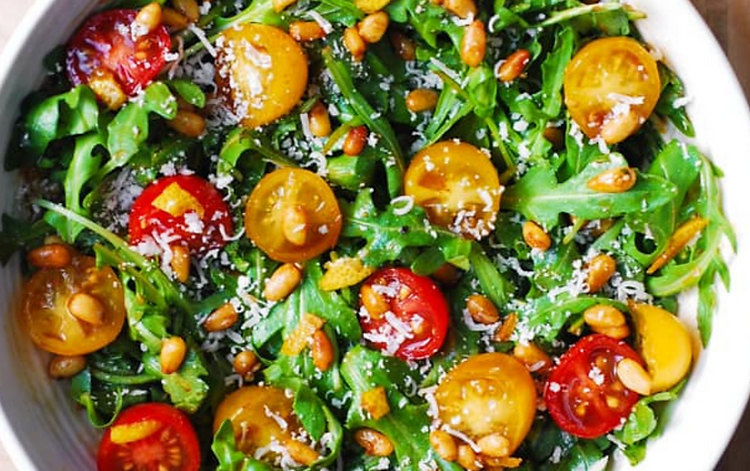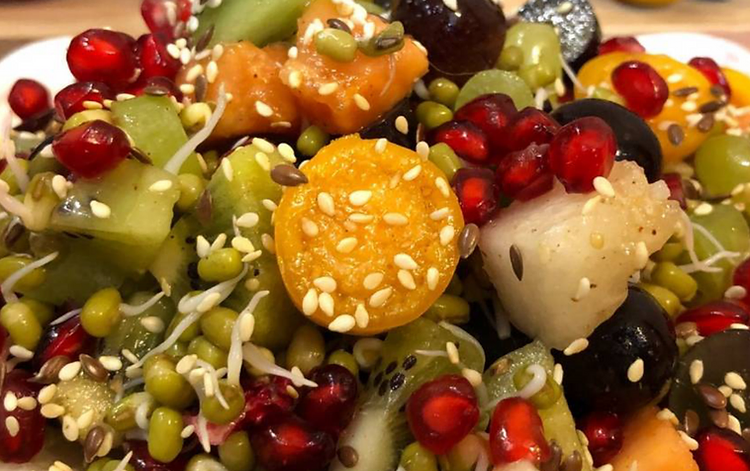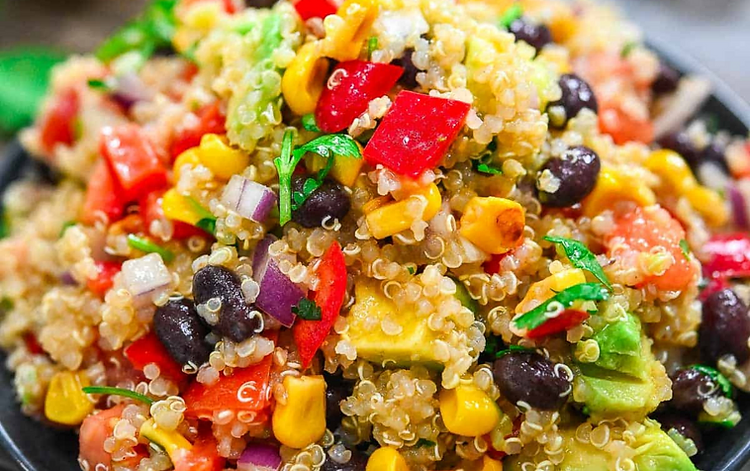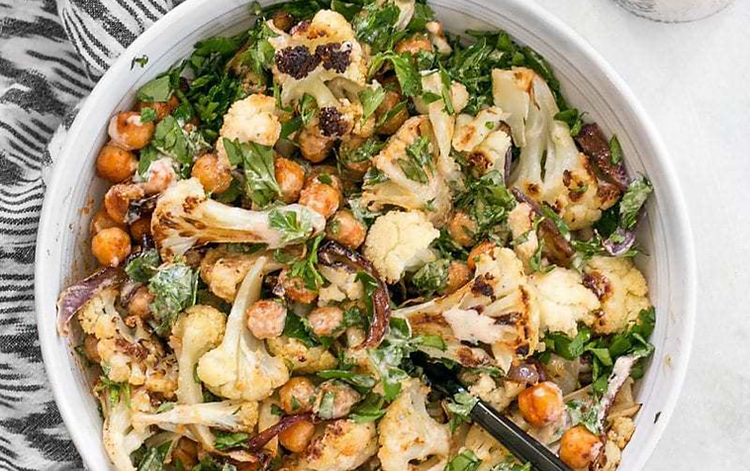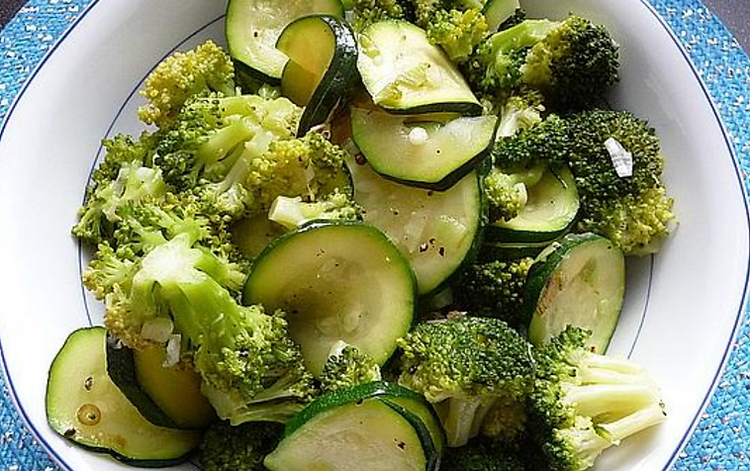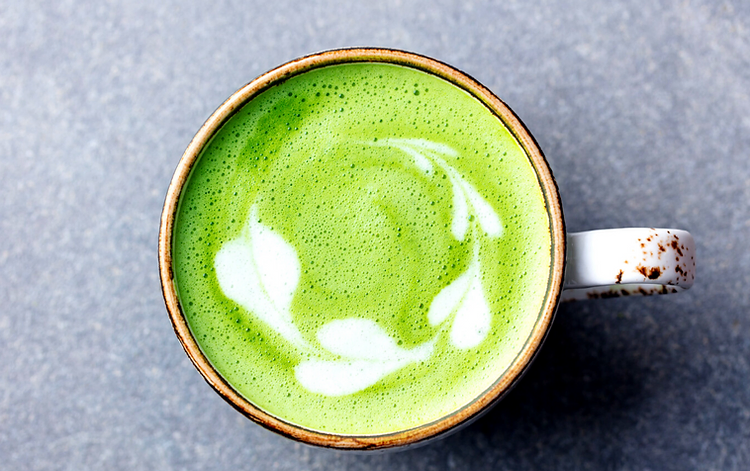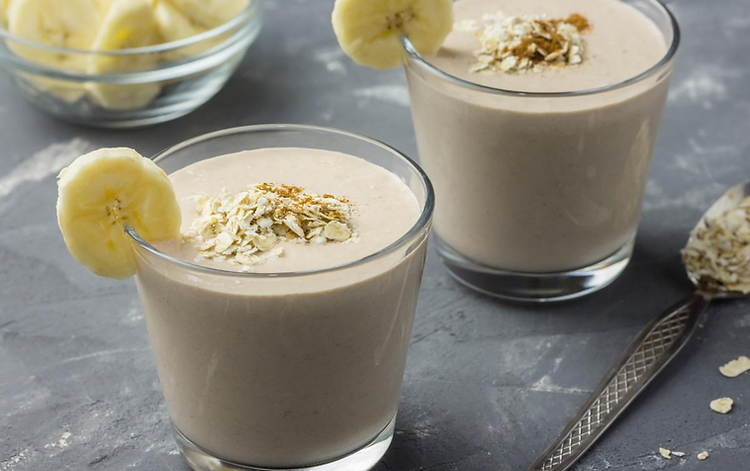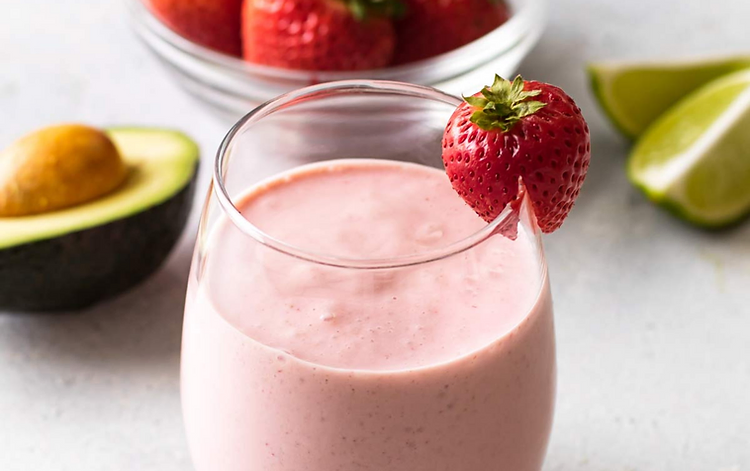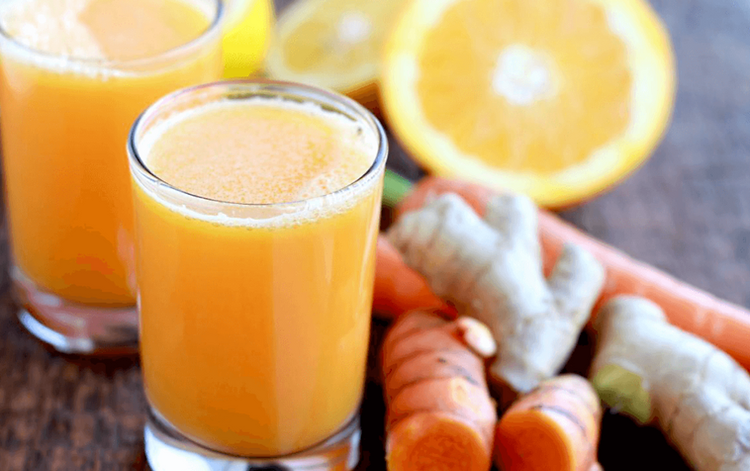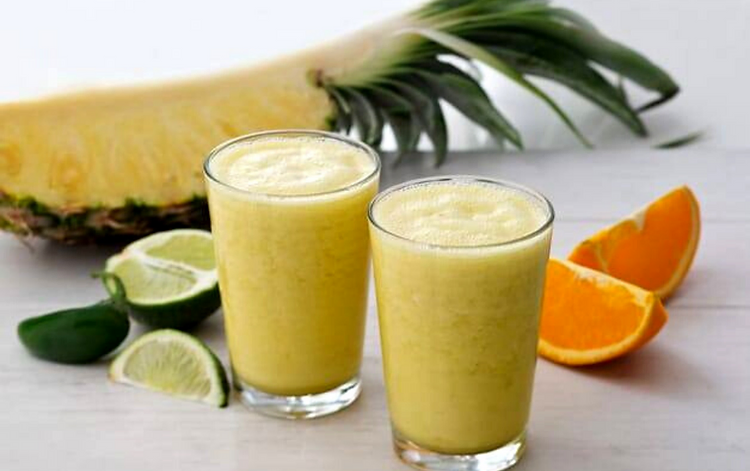Table of Contents
The festive season of Diwali brings joy, celebration, and an abundance of traditional foods. However, it also presents unique health challenges, especially for individuals managing chronic or autoimmune conditions. This Healthy Eating Guide for Diwali provides practical, evidence-based strategies—rooted in functional medicine—to help you make healthier food choices, maintain energy balance, and support overall well-being during Diwali, without missing out on the festivities.
Healthy Eating Guide for Diwali: Balance of Energy Intake and Expenditure
Uncontrolled food intake, especially during the festive season, can lead to increased inflammation, poor digestion, slowed metabolism and weight gain. Our healthy eating guide for Diwali ensures we stay fit while enjoying our festivals to the hilt is a concern that needs to be addressed during the festive season. Therefore, we are encouraged to practice healthy eating according to the tips for healthy eating. This will help us enjoy the meal during the festive season without compromising our health.
1. Plan your meals
Diwali celebrations often revolve around indulgent meals with family and friends, featuring foods high in fat, sugar, salt, and refined flour. To balance festive eating, plan your meals—keep breakfast and lunch light if attending a dinner, or restrict dinner if you’ve indulged earlier in the day.
2. Intermittent Fasting
Eating food in a window of 8 to 10 hours gives the digestive system and metabolism longer breaks. This allows the body to better handle many of the negative effects of a relatively not-so-healthy diet like rebalancing insulin spikes, detoxifying, reducing inflammation, etc.
3. Focus on fibre-rich food
Limit your intake of fried foods and foods made from refined ingredients. While at a party choose to have salad and stir-fried vegetables instead of fried snacks. Fibre leaves you feeling full without causing you to gain weight. Eating raw or steamed salads in one of the meals is also a good and easy way to keep the system balanced and avoid many of the health-related pitfalls commonly associated with festivals.
4. Enjoy a Diwali snack at evening snack time
Do not have Diwali snacks accompanied by any regular meal (for example sweets with lunch/dinner). You can have it as a small meal (for example as a tea-time snack). Remember, portion control is the key. Avoid munching these snacks or sweets throughout the day.
5. Prefer healthy replacements
You can prefer dry fruits over sweets or fried snacks. You can also experiment with cooking methods. (for example baked Chaklies, roasted chidwa over fried chidwa and date rolls without sugar.)
6. Choose to eat salads
Salads provide our body with fiber. A nutritionist would advise salads to be eaten every day since it is the right way to eat. During Diwali especially, when we eat so much oil and ghee-based food, cleansing the system becomes a necessity. This Diwali, make a conscious choice to include a lot of fiber in your food. When you have guests over for a Diwali feast, serve them lots of tasty and healthy salads as well.
Some of our Favourite Salad Recipes:
7. Exercise
Apart from controlling your food intake during the festive season, it is important to burn calories too. So don’t skip your workout. Give at least half an hour to walk, jog or cycle every day as cardio is the quickest way to burn calories, reset your metabolism and reduce inflammation.
8. Prioritize Mental Health
Amidst the joy and celebration, it’s essential to prioritize your mental health. Diwali can be a stressful time for some due to various reasons, such as family dynamics, financial pressures, or the need to meet social expectations. Take time to relax, meditate, or engage in stress-reduction activities like deep breathing exercises. Ensure that you’re not overextending yourself and have realistic expectations for the festival.

Food preparation tips from our healthy eating guide for Diwali
- Instead of using refined oils, use good quality A2 ghee or coconut oil in traditional recipes.
- Reduce the sugar content of traditional sweets such as laddoo by using natural sweetening substances such as raisins, cherries or dried apricots. Sweeteners like monkfruit sugar and stevia are also good options.
- Fried foods such as Muruku can also be prepared without oil in a microwave oven.
- Prepare meals in small serving sizes.
- Serve fresh fruits as dessert.
- Reduce the serving of sweetened beverages and ensure that flavored water is always available for guests.
Healthy Beverages Recipes:

References:
https://continentalhospitals.com/blog/healthy-diwali-tips-for-celebrating-the-festival-in-a-healthier-way/
https://www.vilina.in/blog/healthy-eating-tips-for-diwali-2018/
https://www.moh.gov.my/moh/resources/auto%20download%20images/589d763e4e042.pdf
https://www.kokilabenhospital.com/blog/eat-healthy-this-diwali/
http://www.dietenrich.com/blogs/blog-how-to-manage-healthy-eating-habits-during-the-festival-of-diwali/
https://www.healthhub.sg/live-healthy/eating-healthy-during-deepavali
Share


